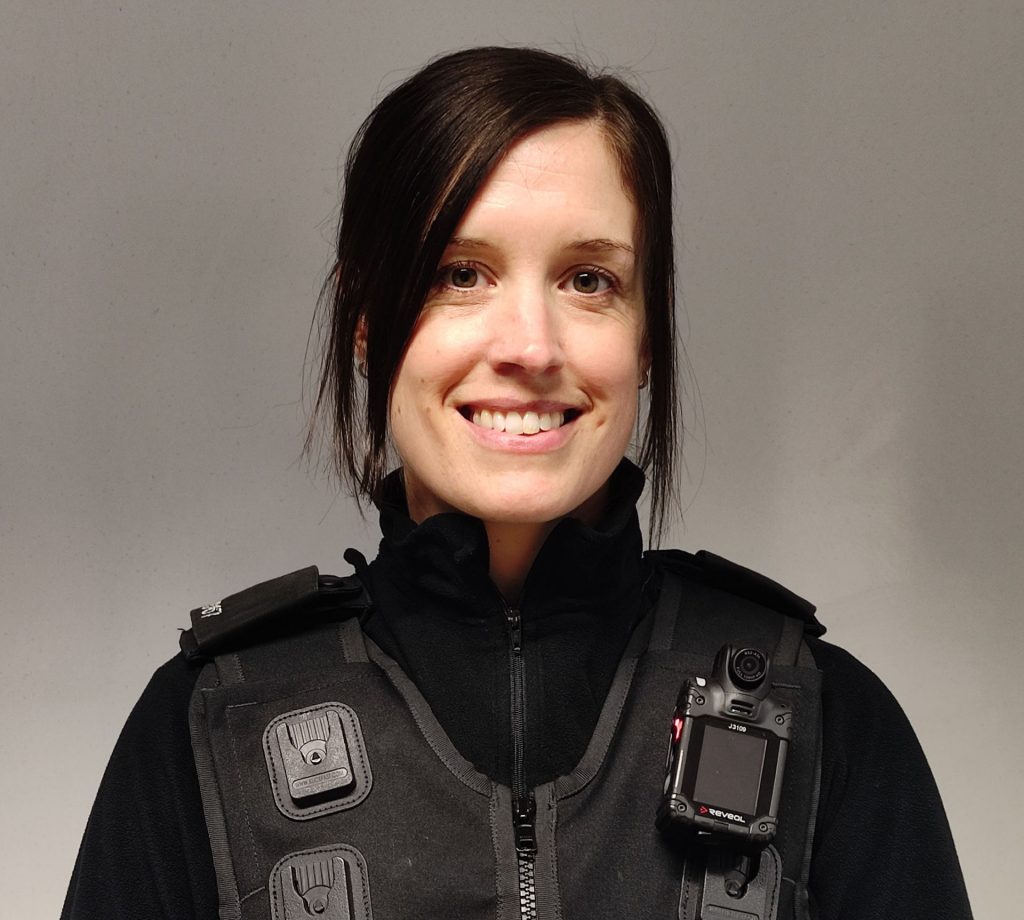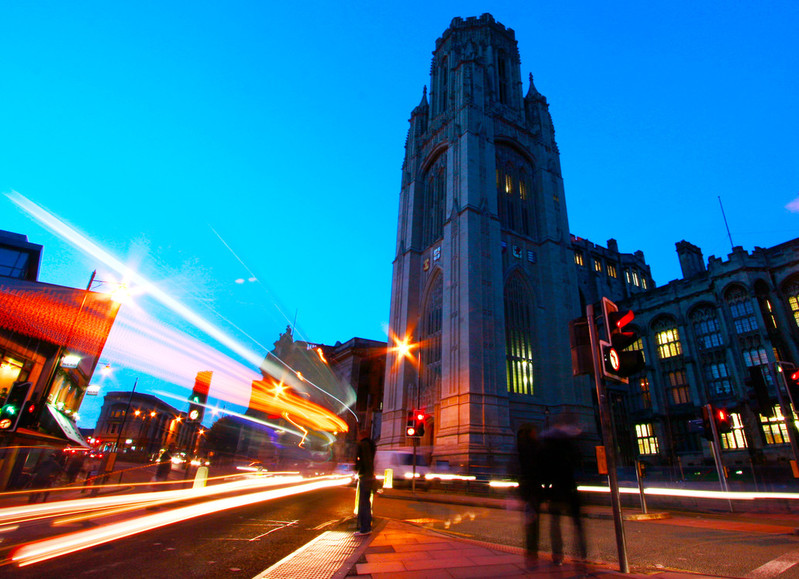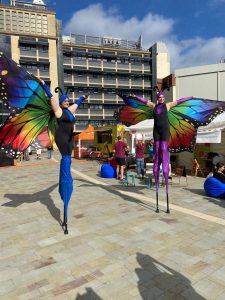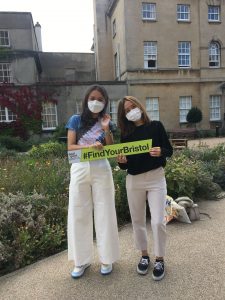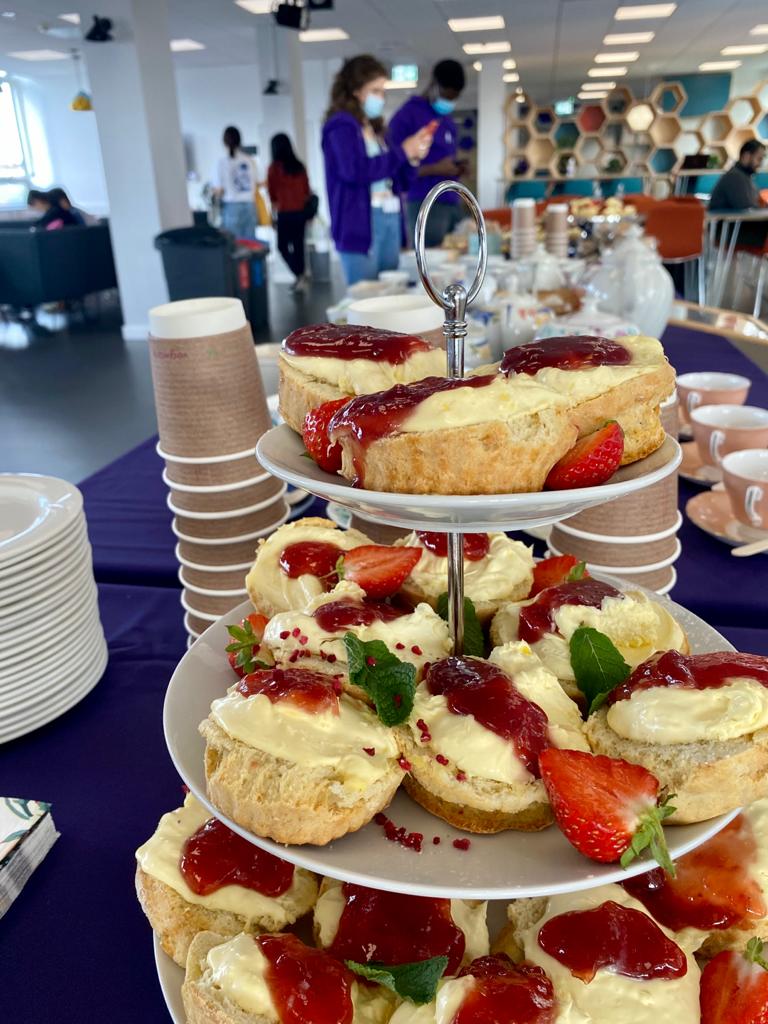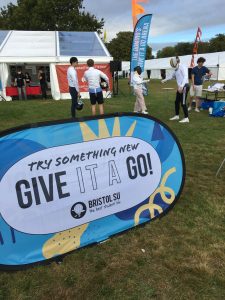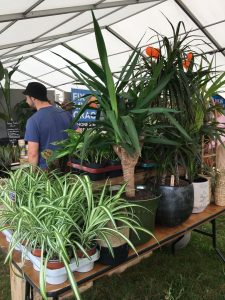Veggie, vegan or meat-eater, we can all enjoy a classic Sunday roast. There are only four essential components of a roast, protein, roast potatoes, vegetables and gravy. Yorkshire puddings are another roast staple, but these may be harder to obtain for vegans unless you’re willing to go the extra mile and make them yourself.
Get the flat together, prepare your ingredients, and indulge in a British classic.
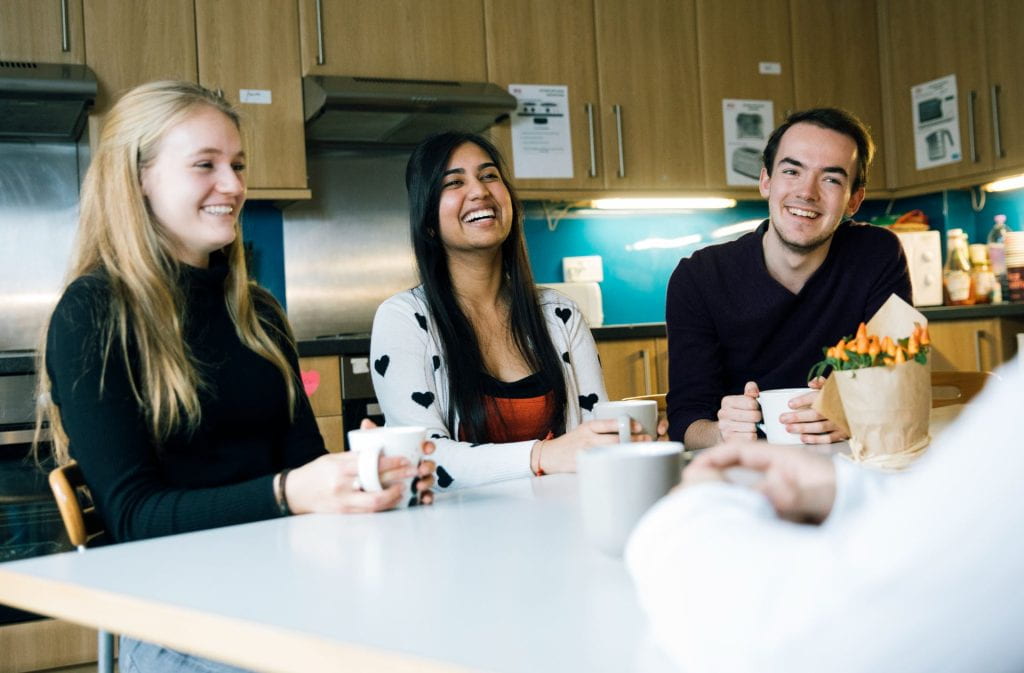
Protein
Your protein can be whatever you fancy, you want quick and easy? Sausages will do the trick. We especially recommend Richmond’s meat-free sausages for a tasty but conscientious choice. Any joint of meat works wonders when you season to your taste, just remember your staples, like salt and pepper! This easy roast chicken recipe is a great starter if you’re new to the world of roast dinners.
Meat-free alternatives are just as tasty an addition as any meat option. Check out Quorn’s Roast for the veggie route, found in the chilled aisle in Sainsbury’s, or head to Waitrose for a vegan nut roast that the whole flat can enjoy.
Roast potatoes
Everyone has their own ‘perfect’ roast potato recipe. A second place spud is unheard of. If you want low-maintenance roasties, you can always go the frozen route, just don’t let your British mates see. Making your own is just a few extra steps and really boosts your standing in the Sunday roast community. Any potato will do, but common favourites are Maris Pipers and King Edward potatoes.
For a nice simple spud, simply peel your potatoes, chop them into medium consistent chunks and cook in the oven at 180 degrees with some oil and salt until golden brown. These should go in for around an hour, or until they’re golden on the outside, and soft in the middle.
Adding additional seasoning will help to level up your potato game. Oregano, thyme, rosemary, black pepper and garlic are all classic ways to elevate your dish, but you can really use anything that you think will work
If you have the time and patience for it, there are several ways to boost your average roastie. Par-boiling your potatoes, pre-heating your oil and using fresh seasonings like garlic gloves are just a few examples. Have a look at this crispy roast potatoes recipe if you want to nail those crispy spuds.
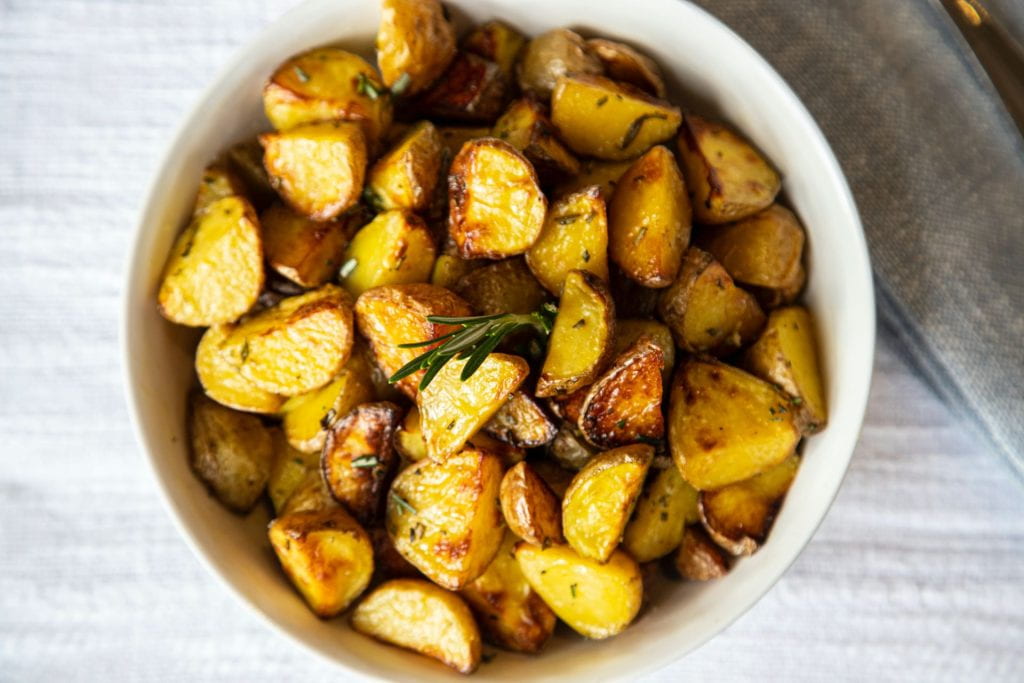
Vegetables
There’s a whole world of vegetables to put on your roast. You can pretty much use any that you think of and cook them however you prefer. Boiled broccoli, peas, cabbage and carrots are cheap and easy veggies to include in your meal. You can also boil cauliflower, parsnips and Brussels sprouts for more variety. Roasting veg takes slightly longer but offers entirely different flavours, roasted carrots, parsnips and swede are tasty additions to any roast, just peel, chop and drizzle in oil, salt and pepper and roast for 45 minutes to an hour. You can even just pop them in next to your potatoes. For a sweet take on roasted veg, try adding a few teaspoons of honey drizzled over top before you pop them in the oven.
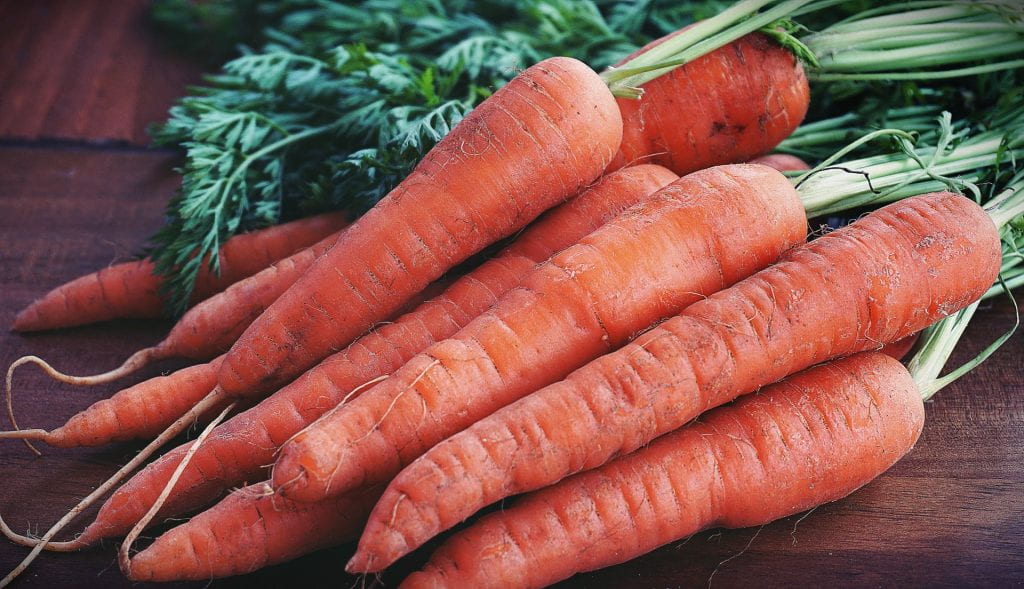
Yorkshire puddings
For the meat-eaters and veggies, Yorkshire puddings will be the easiest side dish to handle. Grab a frozen bag of Yorkshire puds from any supermarket and cook as the packet entails. Aunt Bessie’s are known to be tasty and veggie!
For vegans, you may want to skip the Yorkshires, making your own can be difficult and time-consuming, but if you’re willing and able to give it a go, here is a vegan Yorkshire pudding recipe to follow. You can skip the food processor for a hand whisk, but you will need a muffin tray for this one.
For those who want a traditional Yorkshire pudding, try this one.
Gravy
No roast is complete without gravy. Instant gravy is a great affordable option, with choices of beef, chicken or vegetable (usually) and there are vegan alternatives available in most supermarkets (Bisto onion gravy is a popular choice). But again, there are always ways to up your gravy game. A lot of people opt to put leftover meat/veg juices and flour. There are so many gravy options out there that we could never list them all, so check out this BBC Good Food list here.
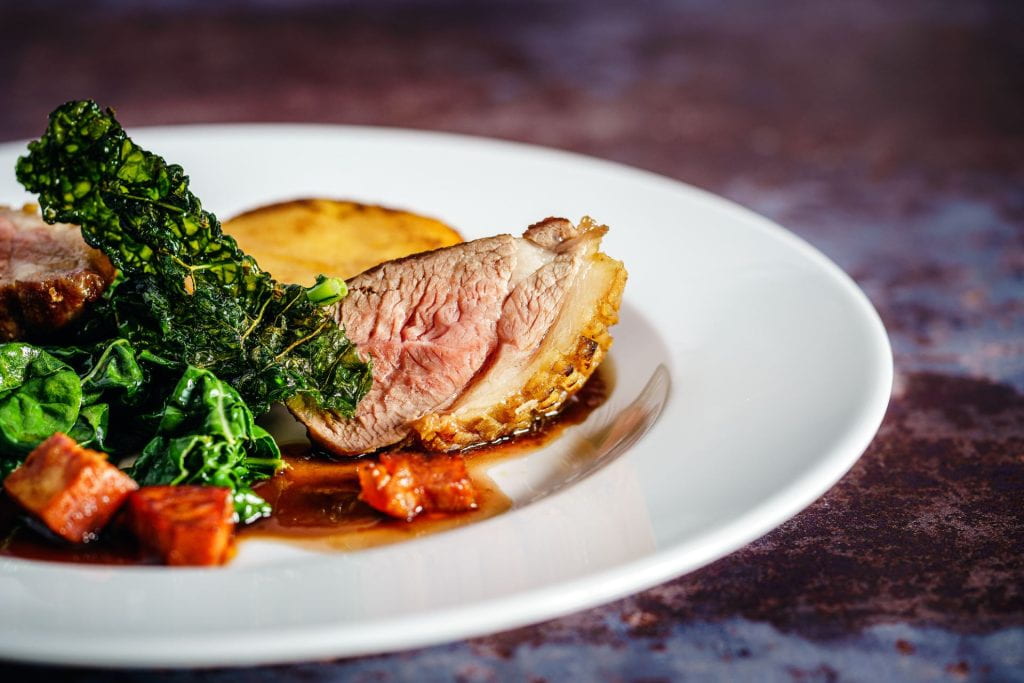
The first few weeks of Uni are exciting and new, the flatmates you have now are going to be with you for a whole year (at least!), so make sure you take that time to get to know each other.
We’d love to see your first flat roast! DM us on Instagram or tag us in your dinner pics and we’ll shout out our favourites on @bristolunistudents.


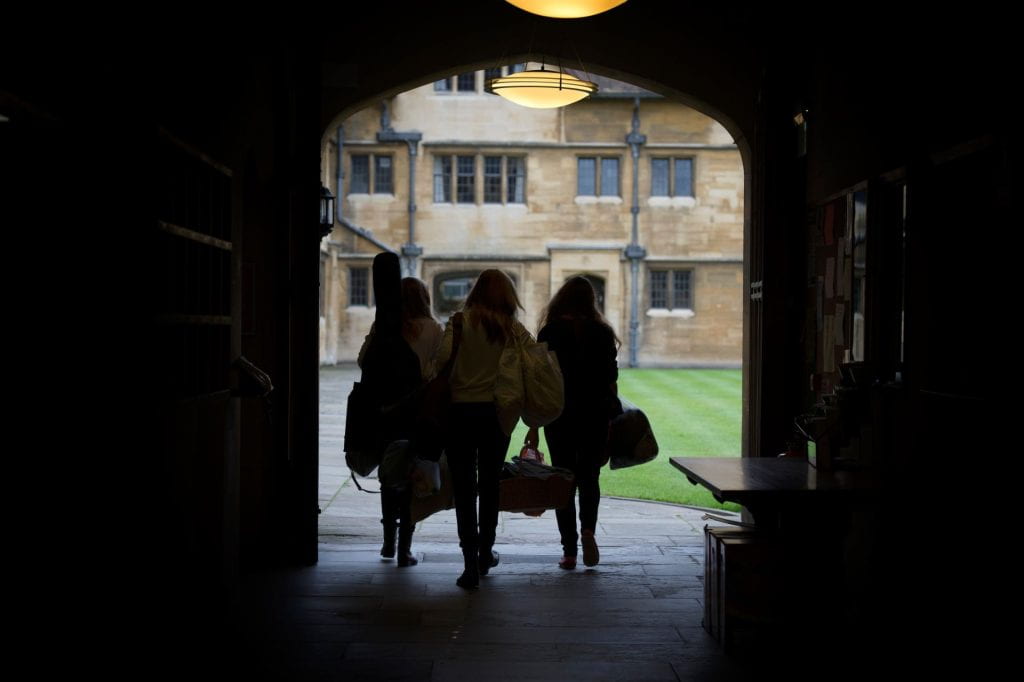


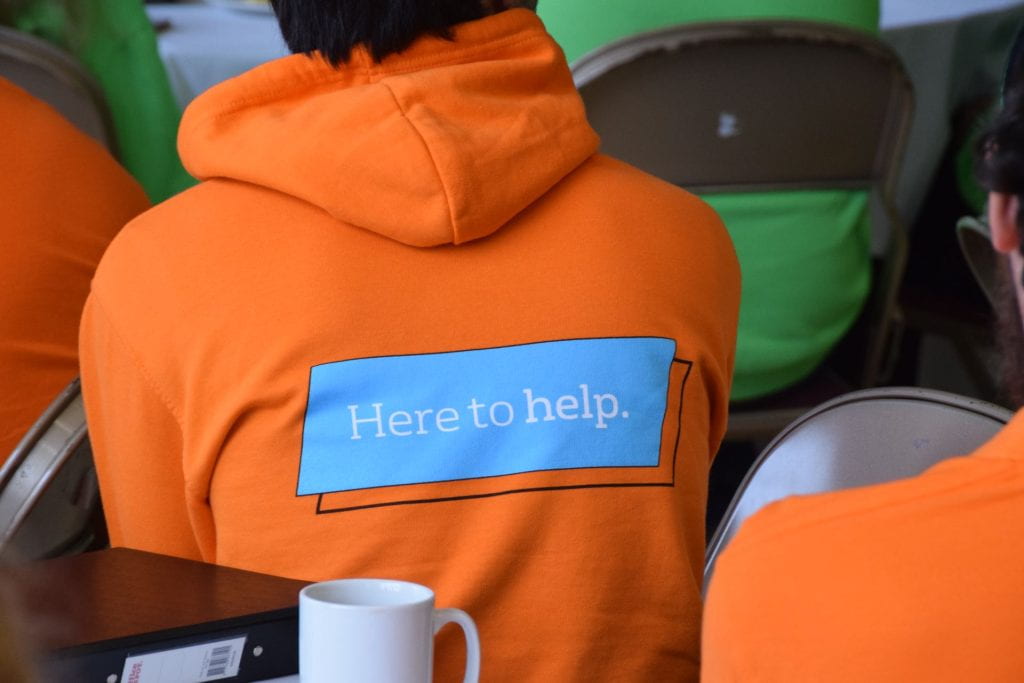
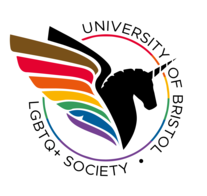
 These sessions run in collaboration with
These sessions run in collaboration with 